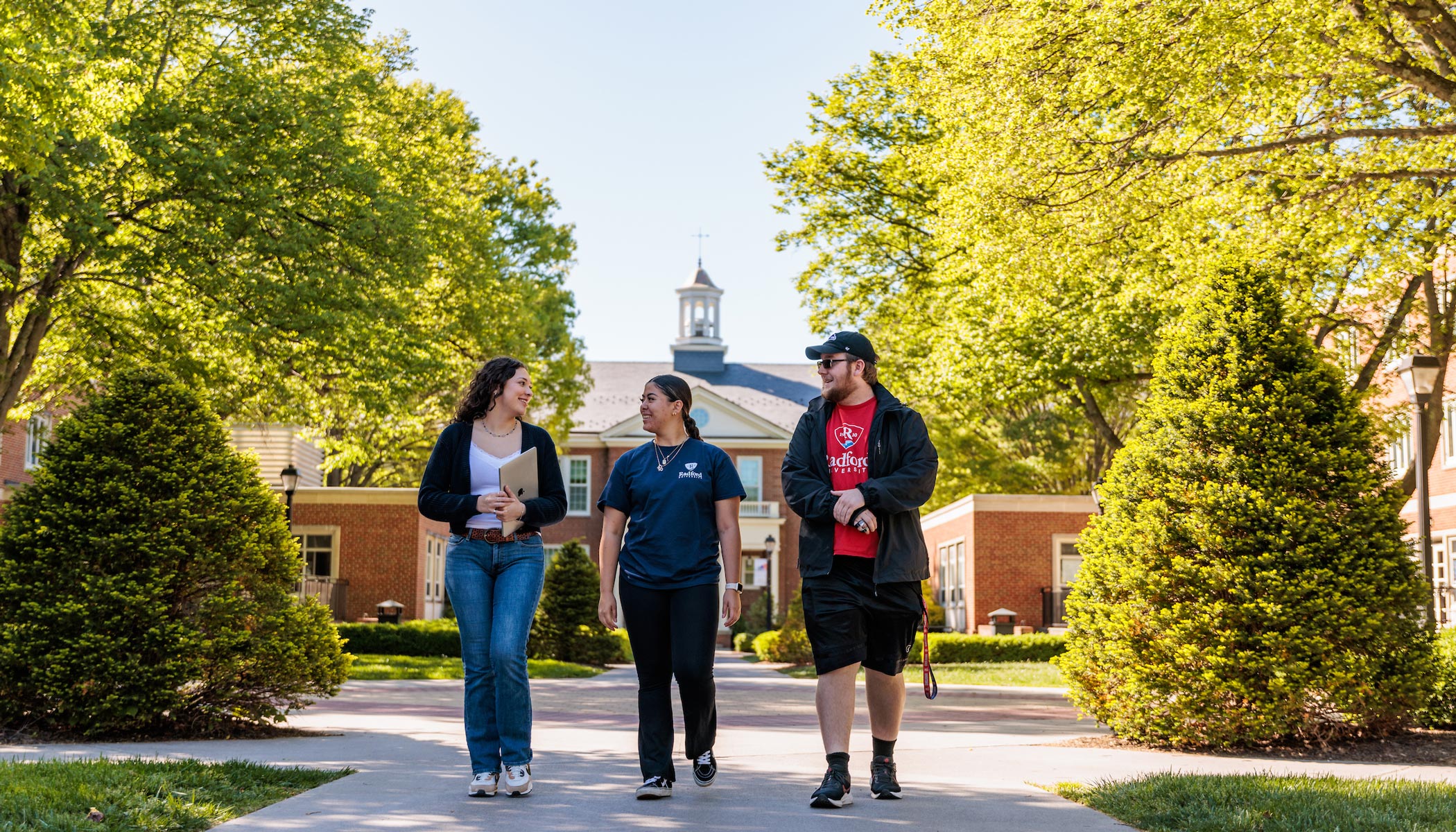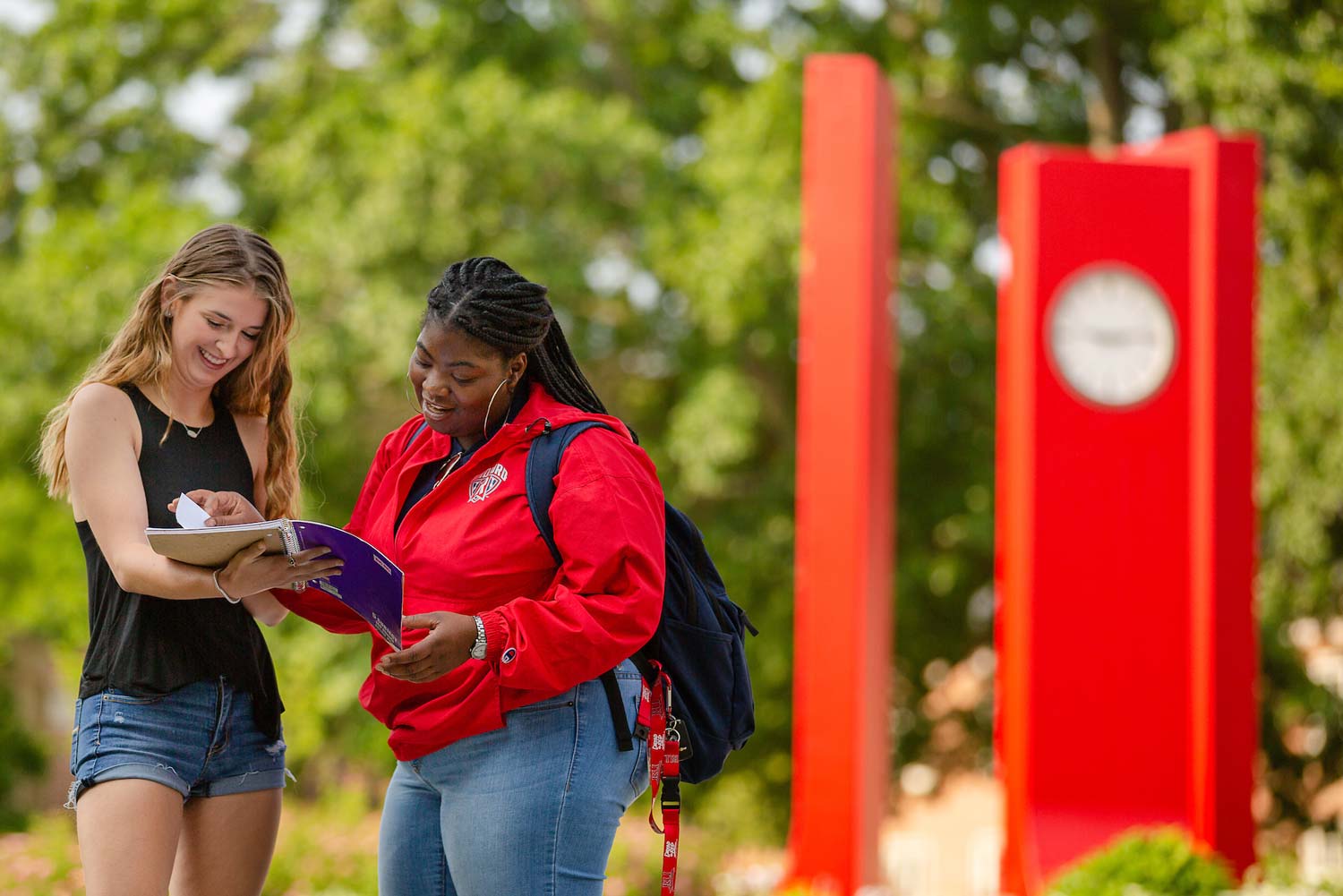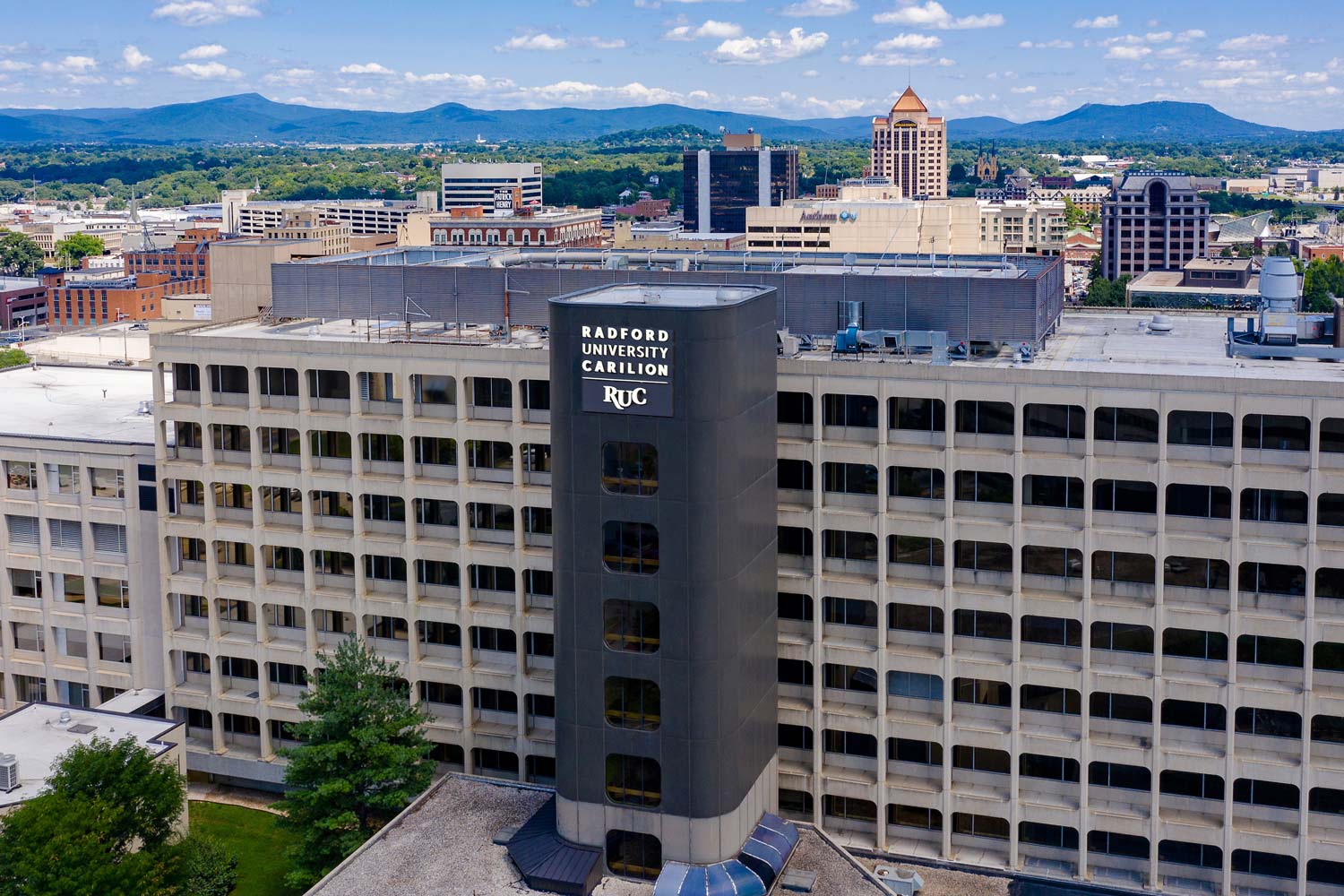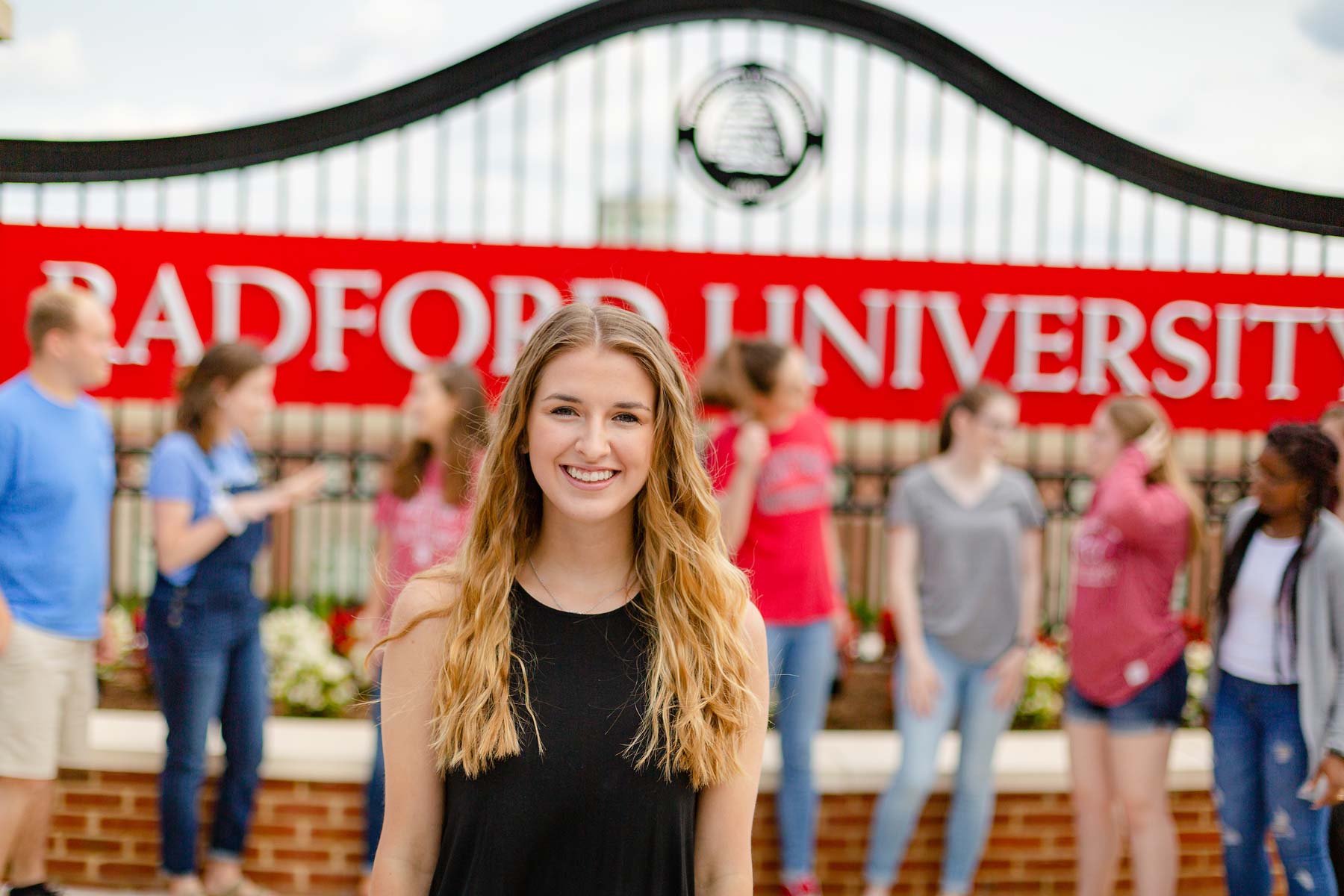Radford University
Admissions
Where Grit Meets Opportunity
With special resources to support our students, members of the military and other applicants with special circumstances, we are here to match your determination.

Tartan Transfer
In collaboration with eight Virginia Community College System schools, the Tartan Transfer program keeps education affordable and accessible by lowering barriers for students across southwest Virginia. Participants have access to personalized advising, special co-curricular opportunities and more.







